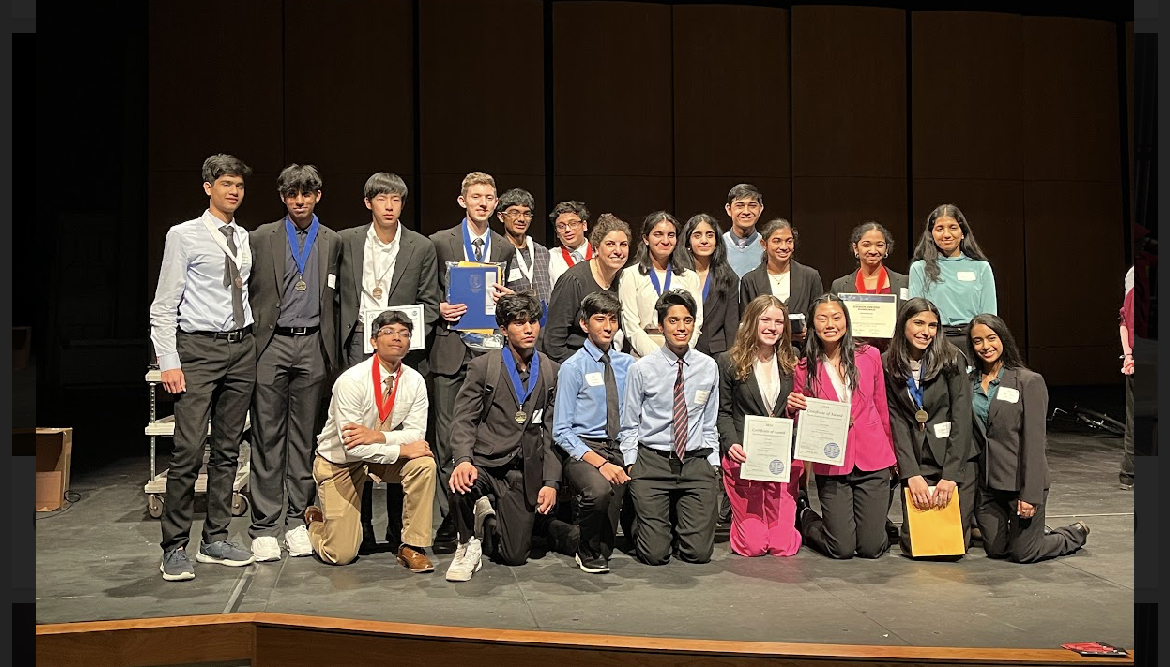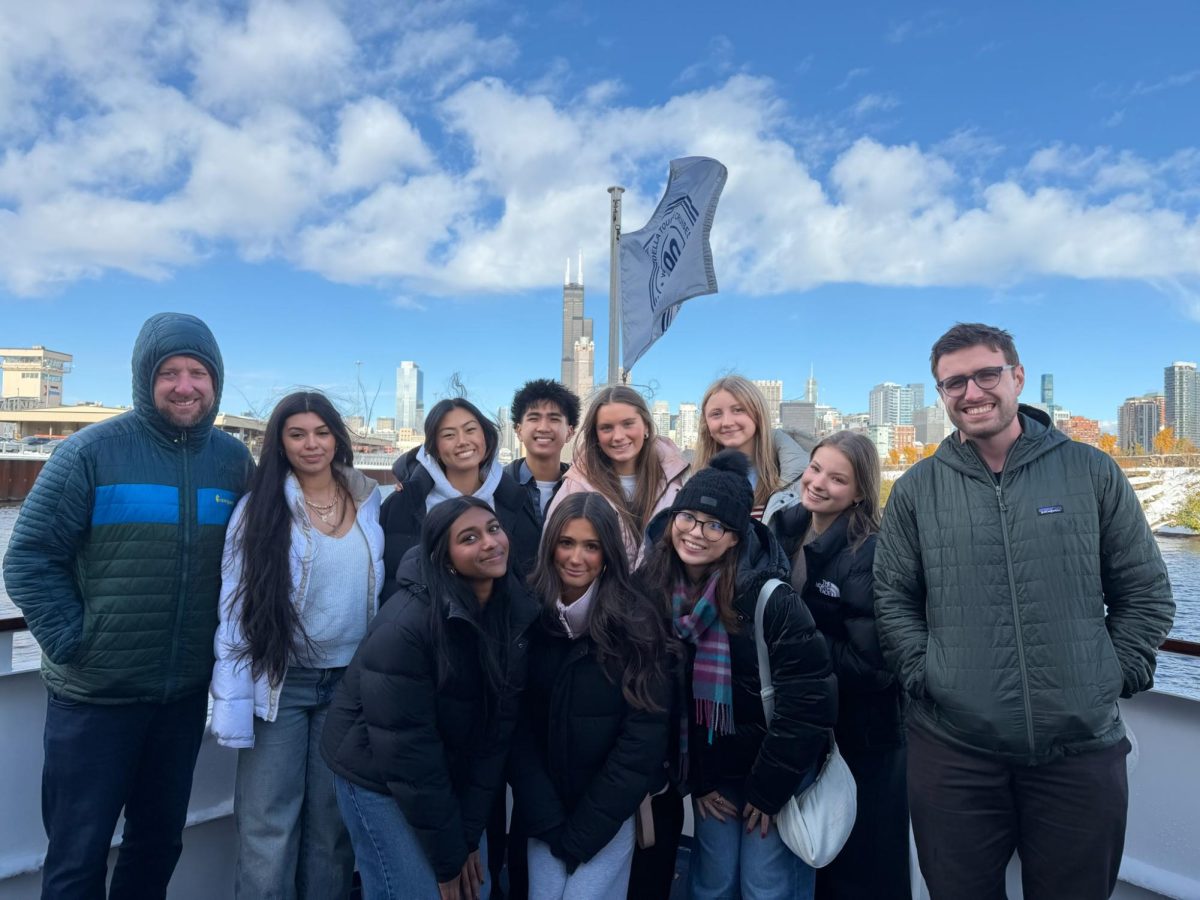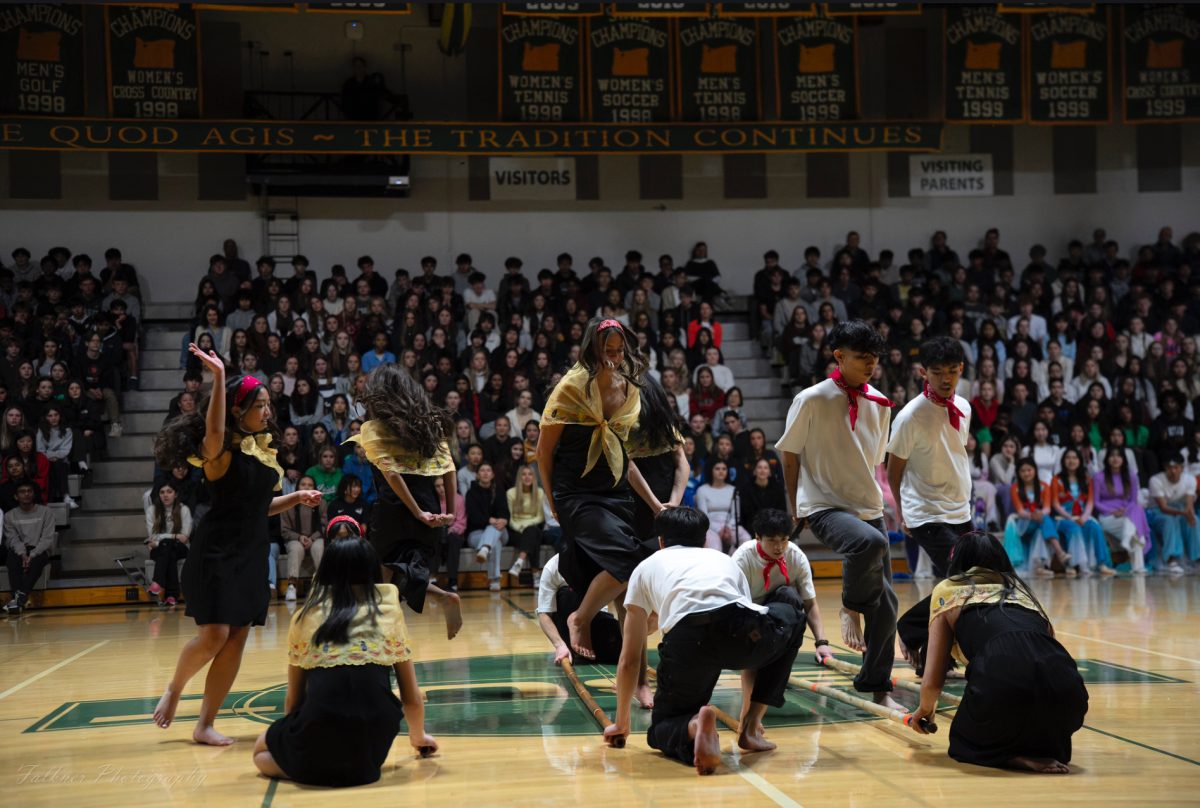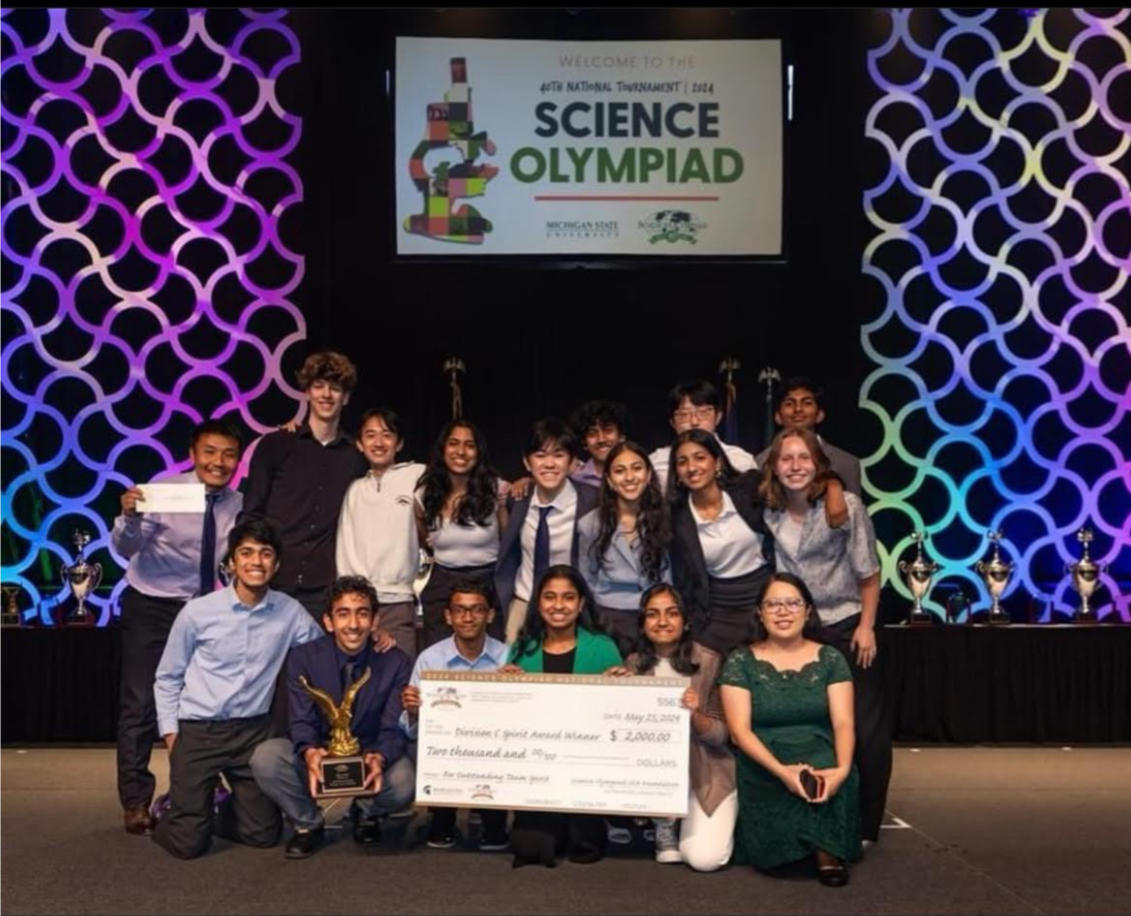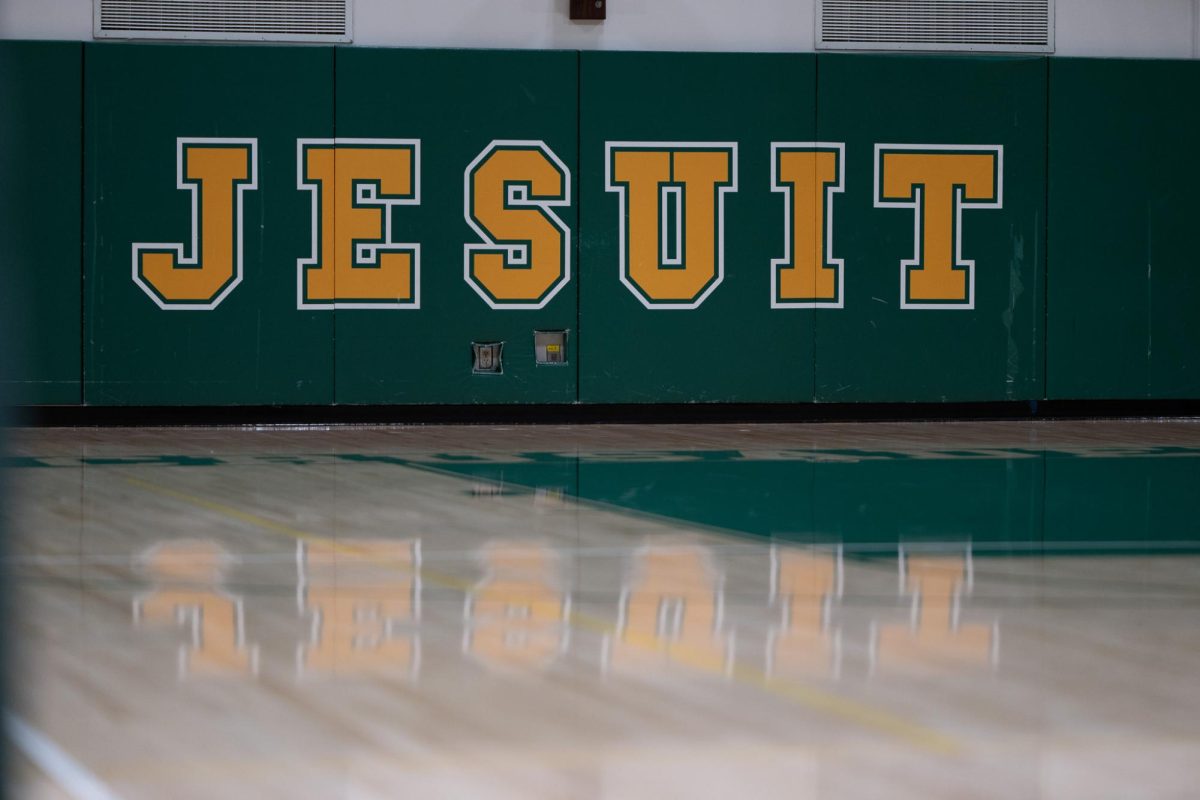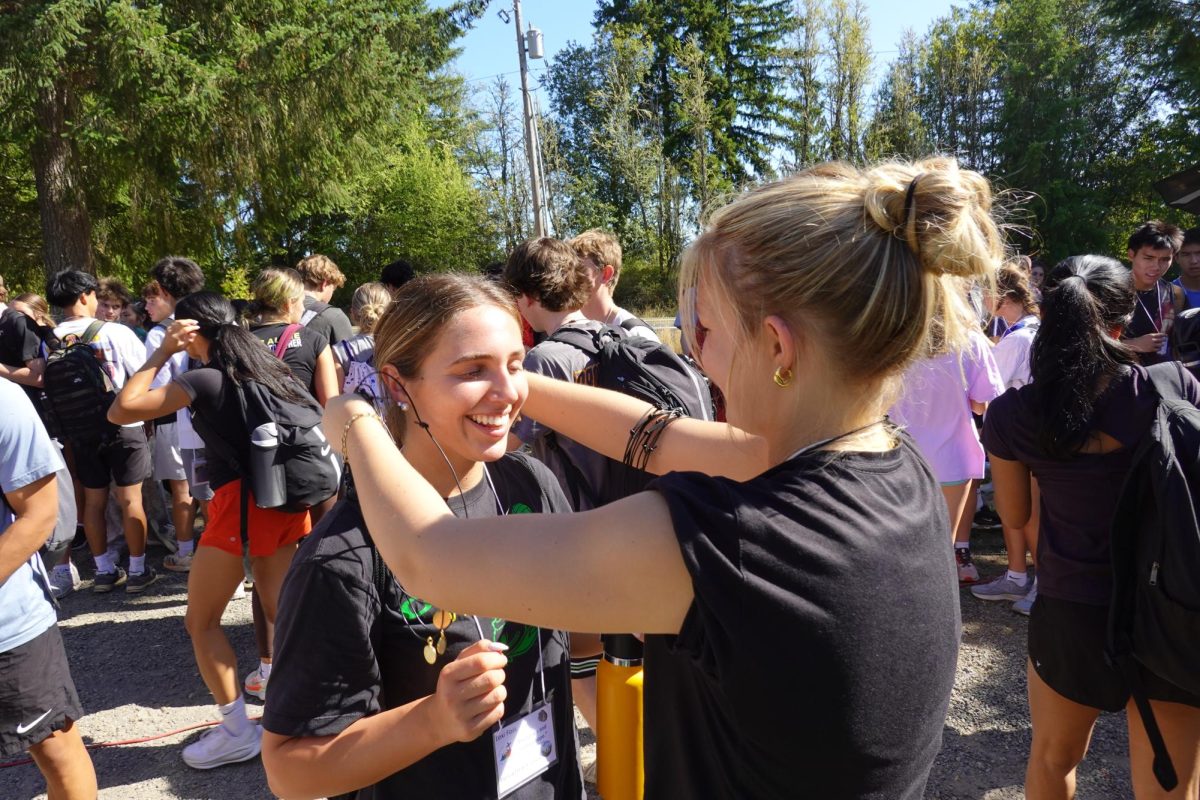23 Young creative and intellectual minds represented Jesuit on April 5th at the Science State Fair.
The students displayed their research projects to multiple judges and were judged off of their presentation of their project and what they concluded from their research. For each project they are in a category based on the analysis, for example math, biochemistry, physics, or others.
The state competition has two days of judging and all the projects either fall into lifetime science like biology and physical science like math. The judges pick eight projects from both categories to qualify for day two. From those chosen projects the judges pick six candidates in total to go to the International ScienceFair.
Out of the 23 students, six students placed first, two for second and 1 for third place, as well as two honorable mentions. Six students qualified for the International Science Fair competing against 64 other countries in Los Angeles. This STEM competition will take place May 11th through the 17th.
Sophomore Shryia Pui was one of the students who placed first and her project was about identification of target genes as well as drug repurposing and drug discovery for Alzheimer’s disease in relation to metabolic conditions, for example diabetes or cholesterol levels that hinder someone’s metabolism process.
“I was trying to figure out what are the genes that impact Alzheimer’s disease the most, especially correlation with those metabolic conditions.” Pui said. “I use those target genes to create new drugs using various machine learning and AI models like an autoencoder to create these novel drugs like molecules that can be tested on.”
Another student, junior Sid D’Costa, whose project about minimizing carbon admission also placed first.
He was pleased with his performance at state.
“I think it went pretty well. We made the finalist round and we were top six in the fair which qualifies us for the international competition.”
These two students, including others, worked before and after school for hours and ran either online simulations or in person labs where they documented and concluded their experiment. They invested many months to create these in-depth research projects.
“There is no doubt a high intellectual component to science. But the role of creativity in science is so incredibly important, all the advances really are born out of creativity,” said science teacher Dr. Shamieh.
To stay updated on information about the International Science Fair follow @jesuitscience on Instagram.



